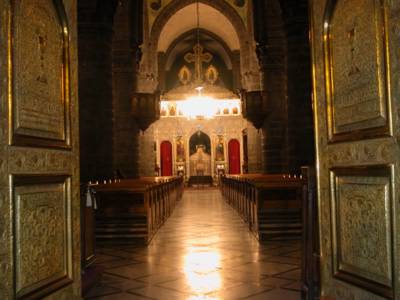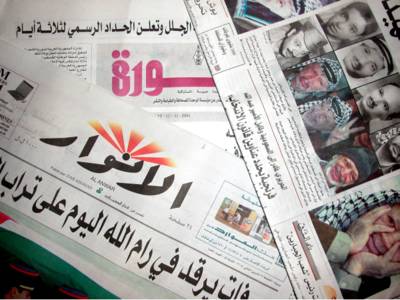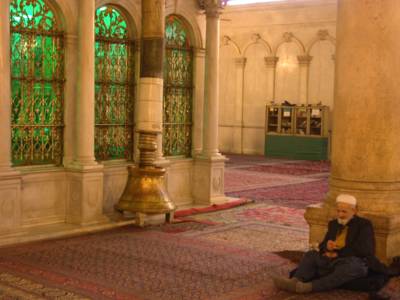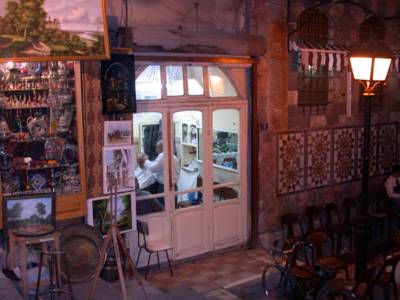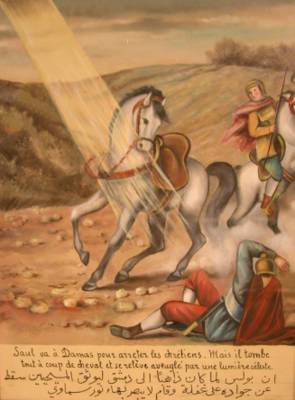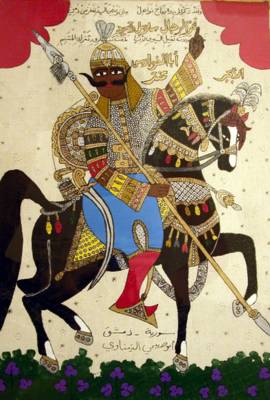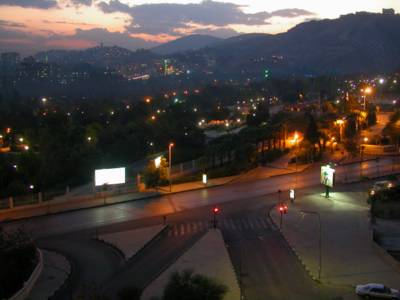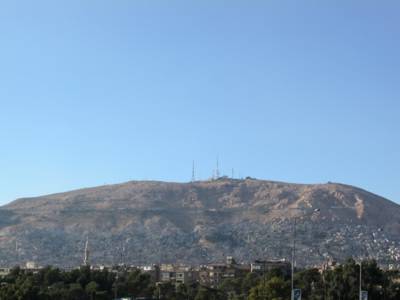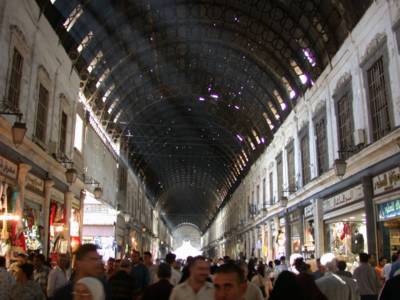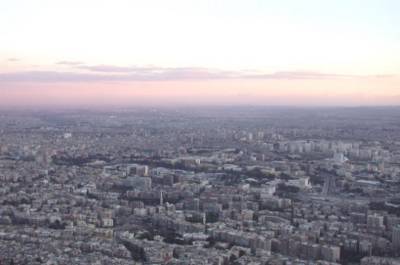
New year. New hope.
No poverty. No unemployment. No corruption. No prisons. No injustice. No intervention from outside. No micro-buses. No pollution. No immigration. No loss of national pride.
No occupied land. No besieged people. No killings. No refugees. No uprooting of olive trees. No burning of palm trees. No lies. No brainwashing. No threats from superpowers. No superpowers.
No Arab disputes. No visas. No long lines on borders. No borders. No blind nationalism. No cultural invasion. No English replacing Arabic. No cheap culture. No Haifaa. No Ruby. No immorality. No religious intolerance. No religious fanaticism. No bashing of Islam.
No Tsunamis.
No 2004 again. Have a Happy New Year.
